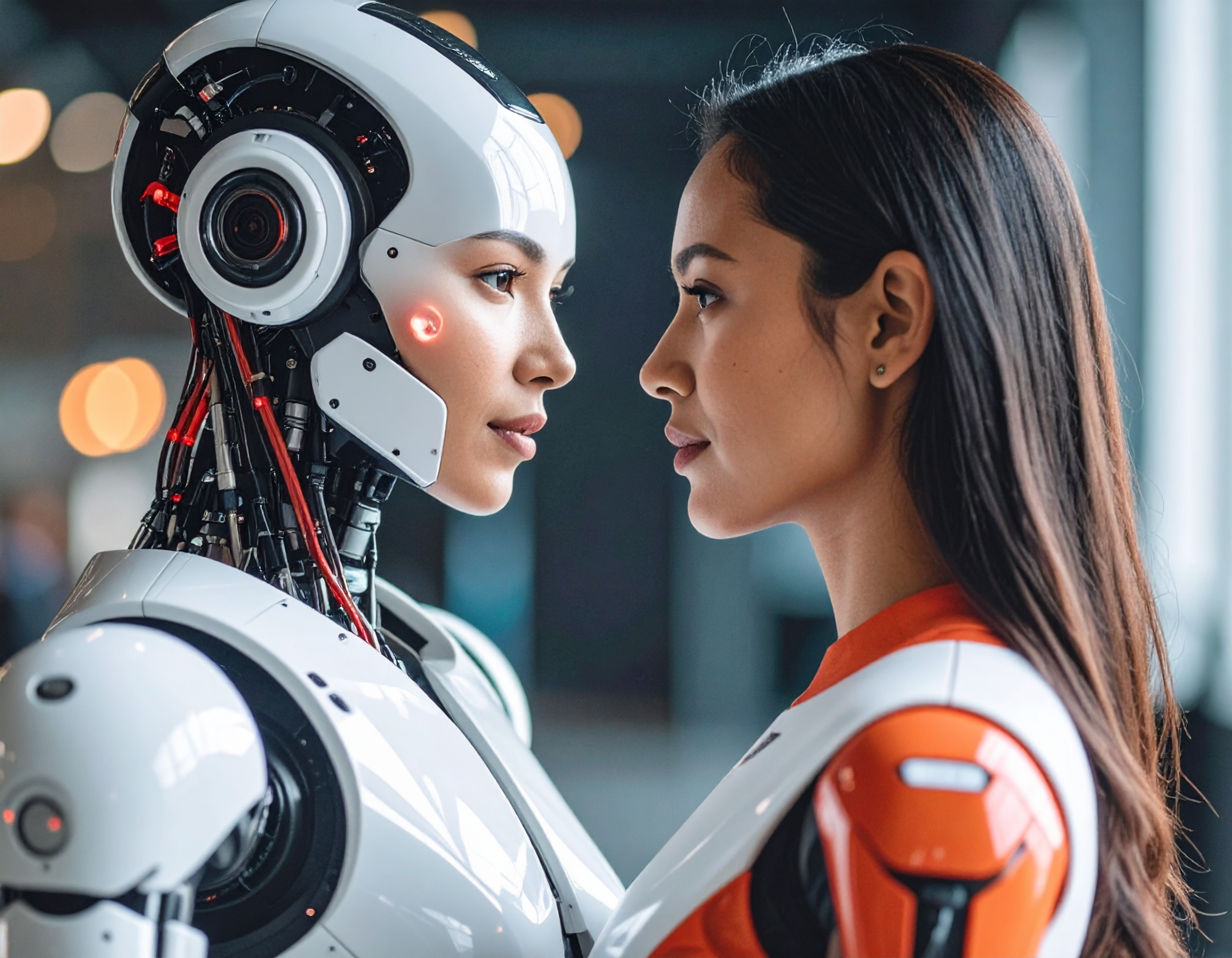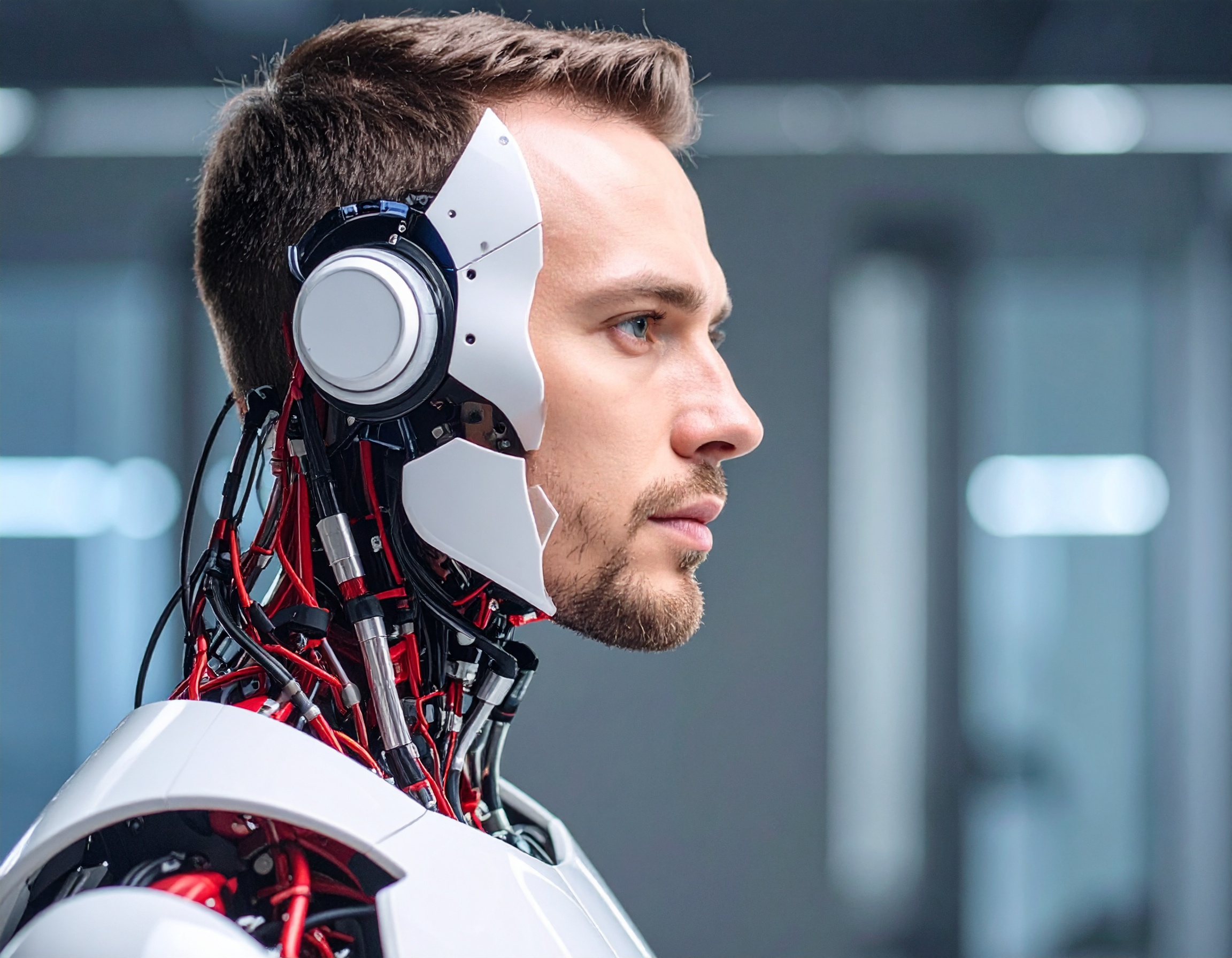Beijing Grants: First-Ever Food Operating License to AI Robot Company

In a significant development for the robotics industry, Beijing issued its first food operating license to a company utilizing AI and robotics for food production. The recipient, EncoSmart, secured the license on September 14, 2024, marking a milestone in how Intelligent Agents and Non-Human Workers are revolutionizing food services. This move highlights the growing role of Digital Employees in industries traditionally dominated by human labor.
This achievement by EncoSmart reflects China’s broader push toward integrating AI and automation into various sectors. The company’s advanced robotics technology streamlines food production, ensuring greater efficiency and hygiene compared to traditional methods. These Intelligent Agents can prepare meals with precision and consistency, reducing human error and labor costs. As Beijing becomes the first to issue such a license, it sets a precedent for other cities to follow suit, potentially transforming the global food industry.
The significance of this event cannot be overstated. It exemplifies how governments are adapting to the rise of AI and robotics in public services. By granting this license, Beijing signals its approval and support for integrating Digital Employees into everyday life. This step forward is not just important for the food industry but also suggests a future where Intelligent Agents and Non-Human Workers play an increasing role in sectors such as healthcare, retail, and manufacturing.
Key Highlights:
- Significance: This is the first time an AI and robotics company has received such a license in China, marking a milestone for the integration of Intelligent Agents and Non-Human Workers in food services.
- Technology: EncoSmart uses advanced robotics to automate food production, offering more efficiency, hygiene, and precision than traditional methods.
- Impact: This development showcases how governments are embracing Digital Employees in public services, potentially paving the way for wider adoption of robotics in industries like healthcare, retail, and manufacturing.
Reference:


